Forbidden Practices of Drinking Shenqu Wine
Shenqu is a traditional Chinese medicinal herb developed by the famous Han Dynasty physician Liu Yi. It is made by fermenting and processing Chinese herbs such as hot pepper, wormwood, and almond with flour or bran. Now let's learn about the precautions for drinking Shenqu wine.
Forbidden Practices of Drinking Shenqu Wine: Side Effects and Disadvantages
Forbidden Practices of Drinking Shenqu Wine
After entering our body, Shenqu can promote digestion and regulate the spleen and stomach. It has excellent therapeutic effects on symptoms such as poor appetite, indigestion, postpartum blood stasis abdominal pain, vomiting, and diarrhea. Traditional Chinese medicine believes that Shenqu has a warm and sweet taste and is non-toxic, so it can be taken with confidence.
Shenqu has a long history of use in China. It has been extensively described in ancient texts such as "Zhenzhu Nang," "Tang Ye Ben Cao," "Ben Cao Jing Jie," "Lei Gong Pao Zhi Yao Xing Jie," "Dian Nan Ben Cao," "Ben Cao Gang Mu," "Ben Cao Zai Xin," and "Yao Xing Lun."
Although taking Shenqu has excellent health benefits and can treat various discomforts of the spleen and stomach, it is necessary to treat the symptoms specifically in order to simultaneously treat the disease and maintain overall health. Random use of medications can seriously harm our health. The specific taboos for drinking Shenqu wine are as follows:
First: Usage and Dosage of Shenqu
In general, Shenqu is mostly used by decoction, with a dosage of 6 grams to 15 grams. It can also be ground into powder and made into pills or powders. Experts recommend that in order to better exert the health benefits of Shenqu, it should be combined with other herbs to achieve better results. Using it alone cannot maximize the medicinal properties of Shenqu.
Second: Unsuitable for Taking Shenqu
If you have excessive gastric acid, taking Shenqu can easily lead to acid reflux or acid belching, which is not conducive to health. Therefore, patients with excessive gastric acid are not suitable for taking Shenqu.
If you have stagnation in the body and show symptoms of excessive stomach fire and a dry tongue, it is not recommended to take Shenqu. This is because the body is already in a state of yin and body fluid depletion. At this time, it is advisable to immediately take some herbs with the function of nourishing yin and clearing heat, such as cooling or sweet and cold foods. Mulberry pollen, Chinese yam, and Bu Zha Ye are good choices. Shenqu is warm in nature, and although it can relieve stagnation when taken into the body, it will promote Yang Qi, which is not suitable for taking in this condition.
Pregnant women are not suitable for taking Shenqu as it can cause lactation cessation and miscarriage. It is recommended that pregnant women avoid or consume less Shenqu to ensure their own and fetus' health.
Third: Combination Methods of Shenqu
If you want to better avoid the taboos of drinking Shenqu wine, it is necessary to understand the compatibility of this herb in order to prevent side effects.
Shenqu is usually combined with other herbs such as Radix Bupleuri, Charred Hawthorn, Radish Seed, Poria, Atractylodes, Pinellia, Rhubarb, Ephedra, Fructus Aurantii, and Ginseng. Different herbal combinations target different disease symptoms, so in daily life, you should choose the most suitable prescription based on your own physical condition.
Forbidden Practices of Drinking Shenqu Wine: Side Effects and Disadvantages
Health-preserving Medicinal Recipes with Shenqu
First: Shenqu Porridge
Ingredients: Shenqu, glutinous rice.
Instructions: Crush Shenqu and put it in a pot, then add an appropriate amount of water to decoct. When the medicinal liquid is reduced by half, remove and filter the residue. Cook the medicinal liquid with suitable water and glutinous rice to make porridge and consume it.
Efficacy: The main effect of this recipe is to invigorate the spleen and promote digestion, suitable for people with poor appetite or indigestion.
Second: Shenqu Digestive Liquid
Ingredients: Malt, Shenqu, Charred Hawthorn, and sugar.
Instructions: Grind all the prepared herbs into powder, add water to make a cake, burn it to a dark yellow color on firewood charcoal, crush it, then put it in a cup, pour boiling water and stir, filter, and finally add an appropriate amount of sugar to consume.
Efficacy: This recipe is suitable for patients with poor appetite, especially those with bloating, belching, and food stagnation diarrhea.




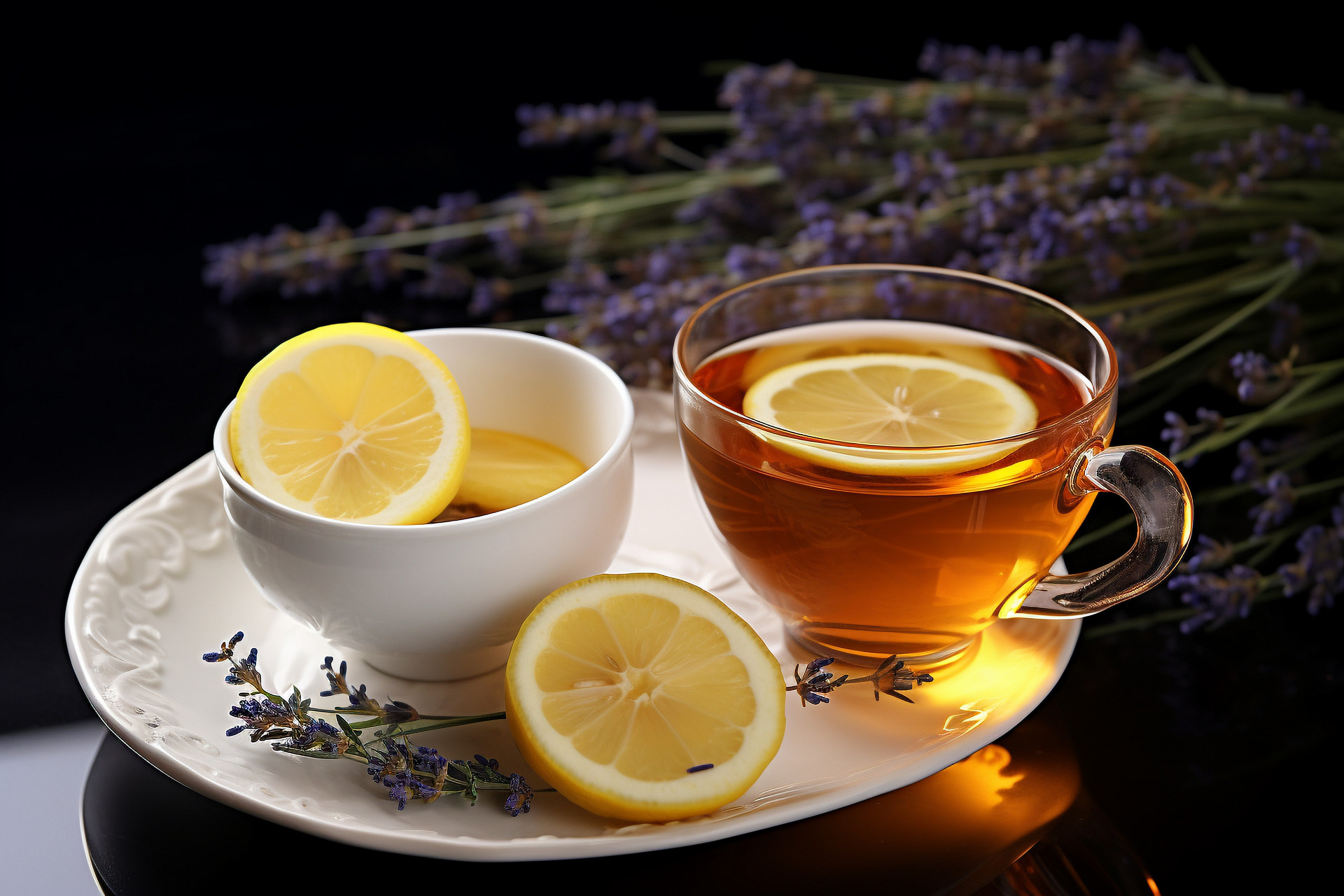
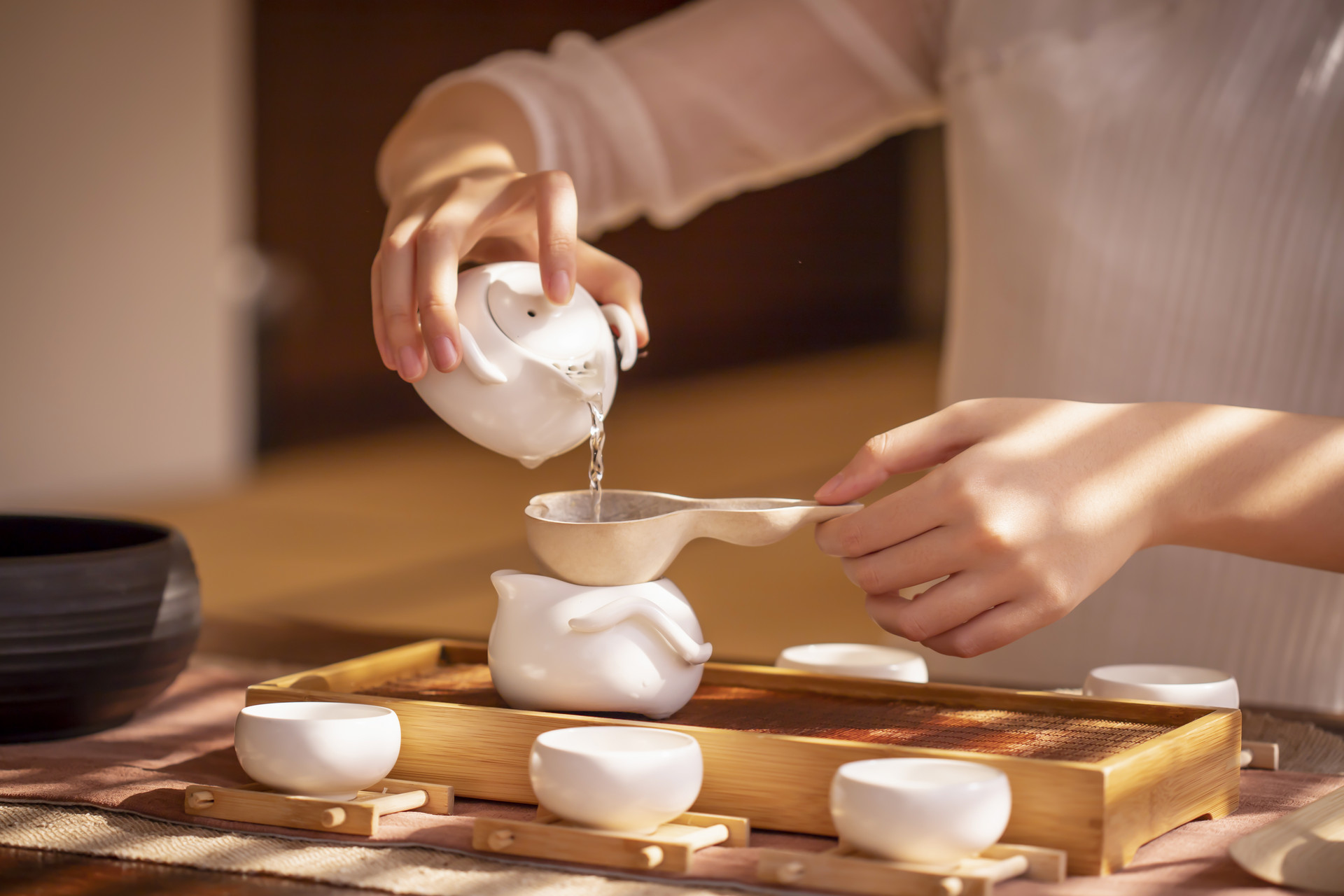
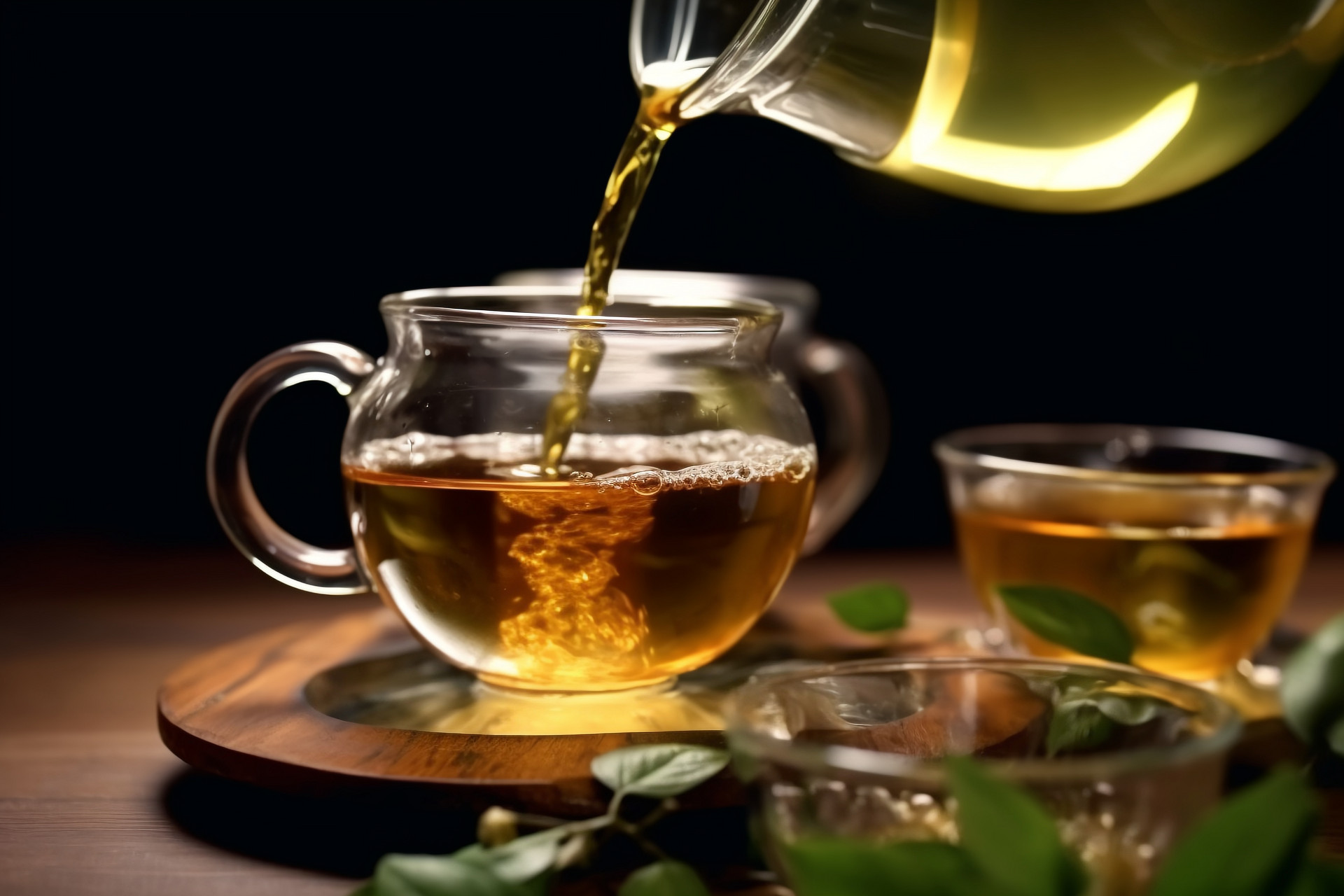

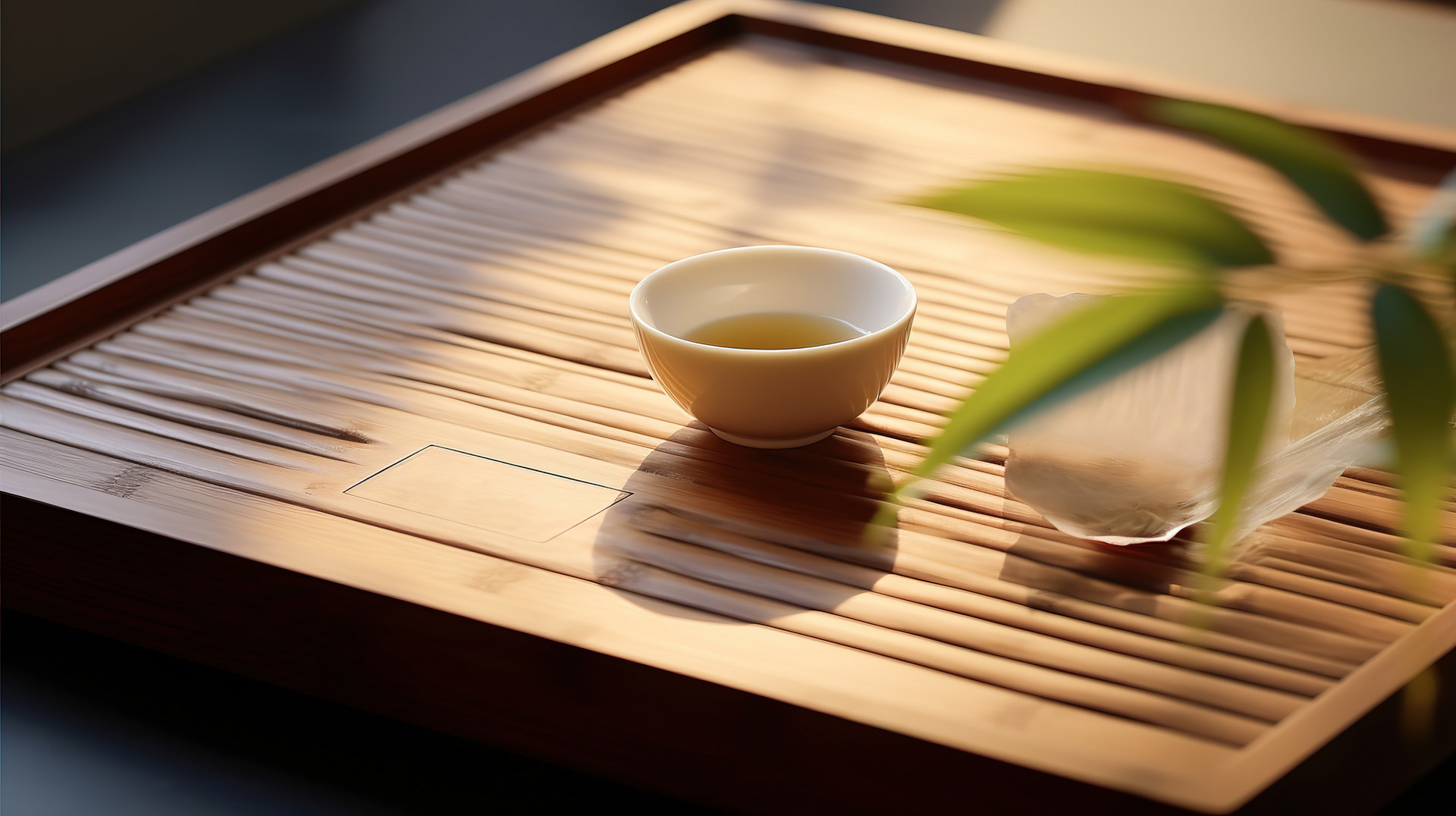
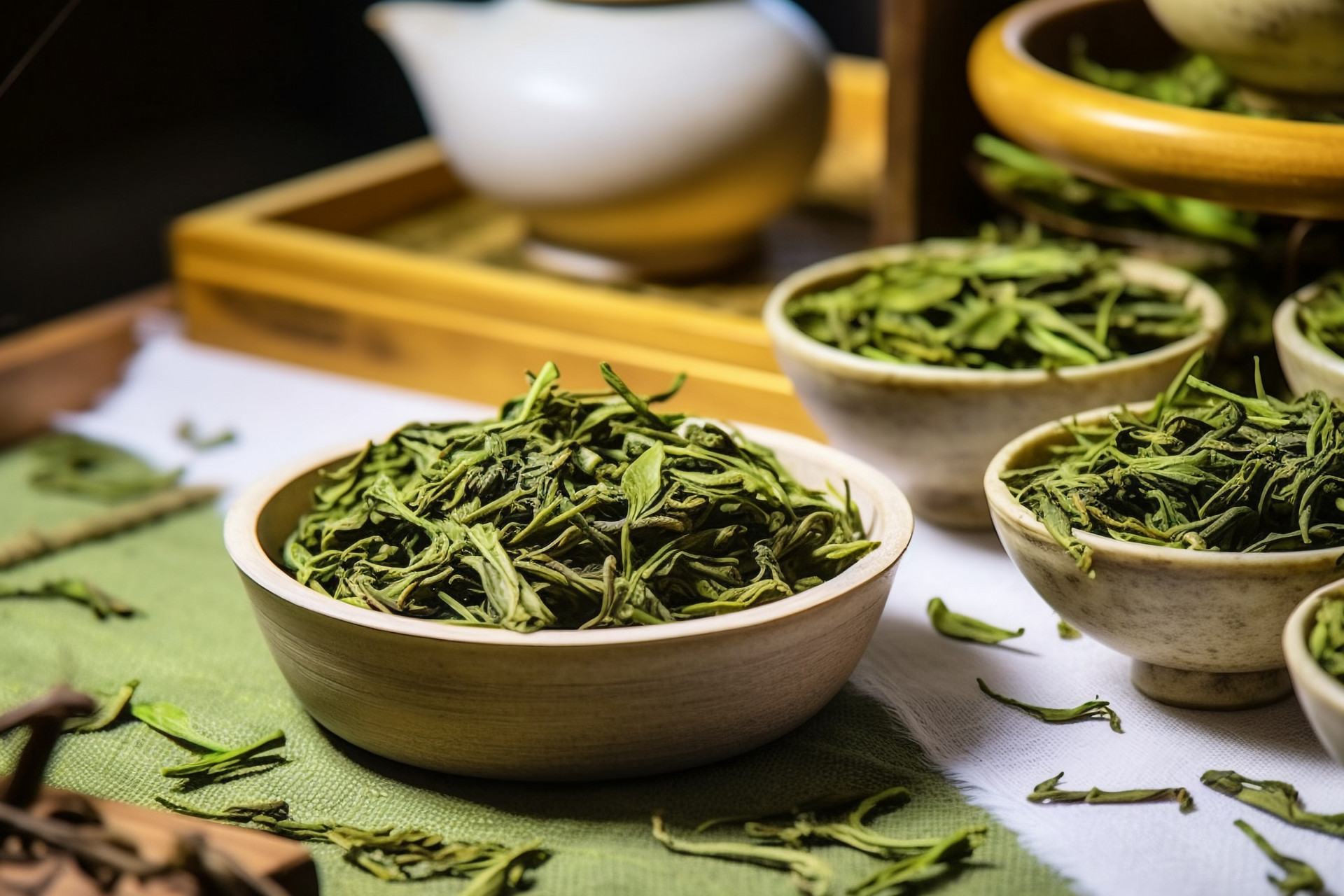
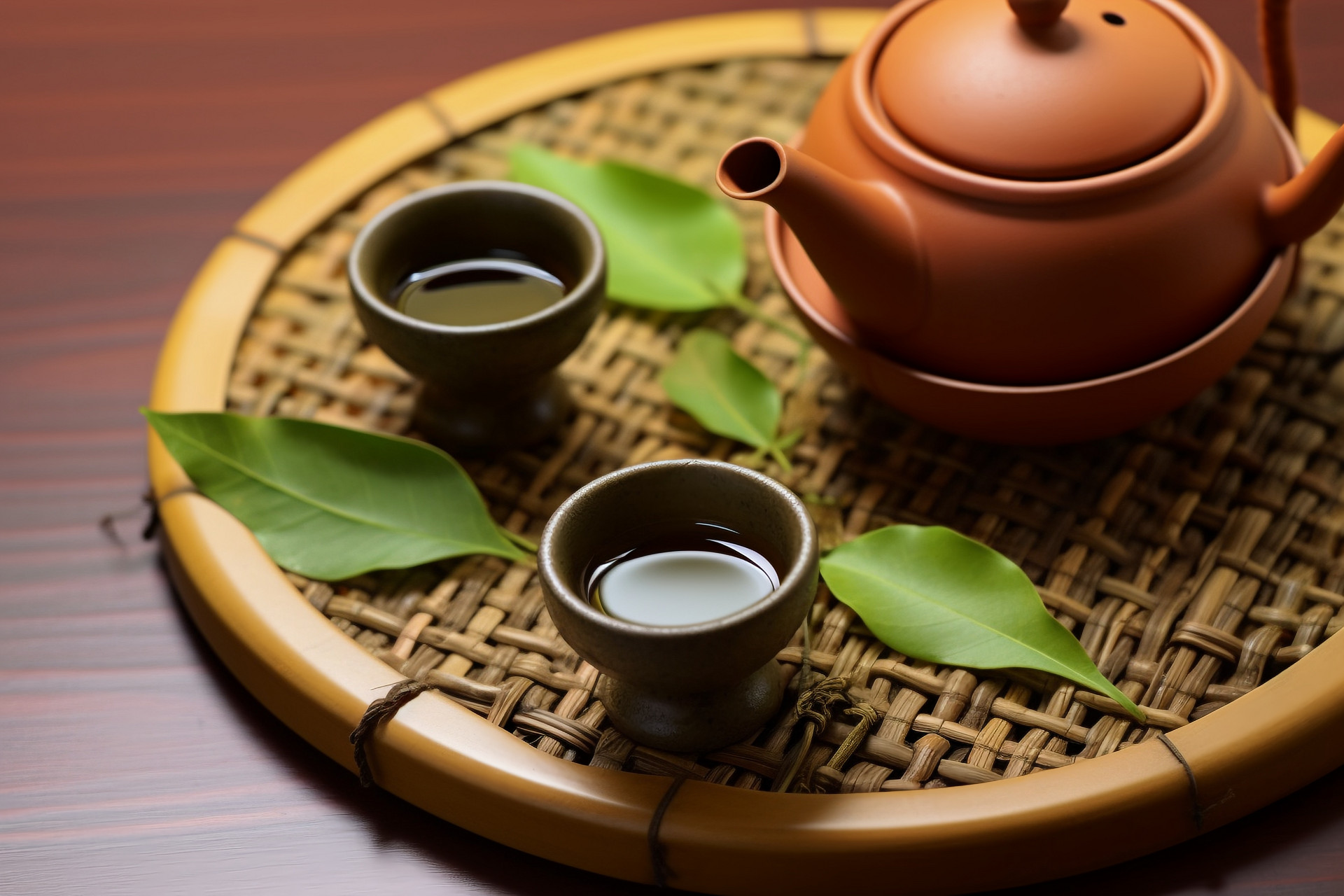
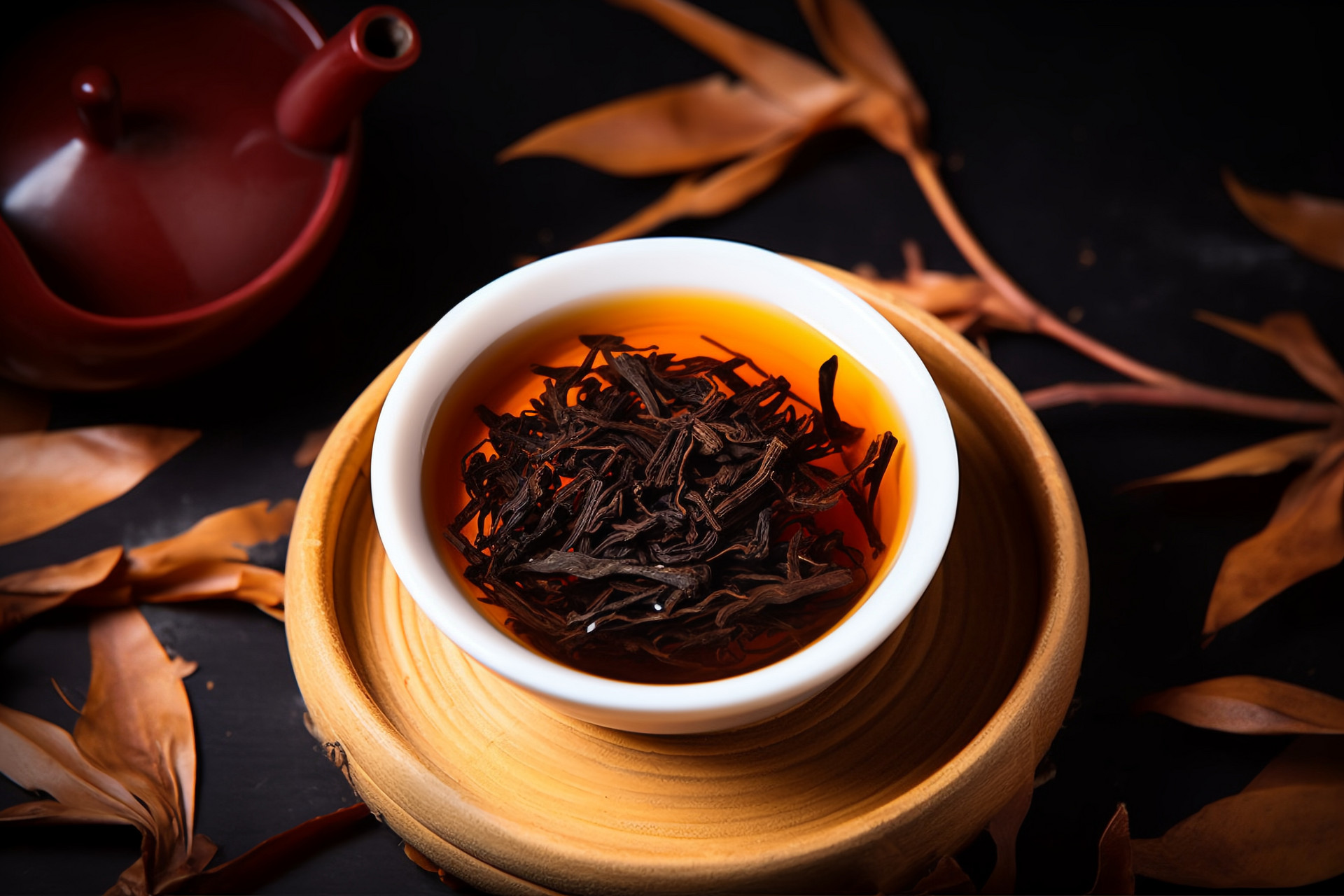
![[Herbal Wine Recipes for Health and Beauty]](https://tcmmaintenance.com/uploads/20240715/7241f6b6eafdaed88c28b26a37213964.jpg)